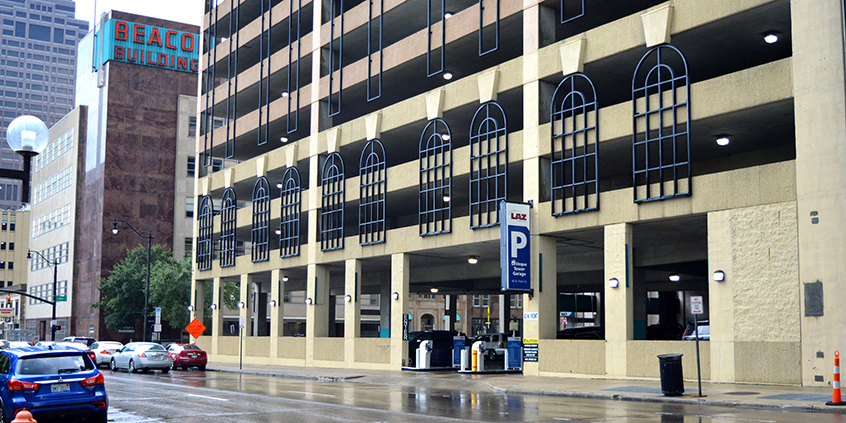Addressing Parking and Mobility Challenges in Columbus

The City of Columbus, OH won the Smart City Challenge in 2016 and received a $40 million grant from the United States Department of Transportation to demonstrate how advanced data and intelligent transportation systems (ITS) technologies and applications can be used to reduce congestion, keep travelers safe, protect the environment, respond to climate change, connect underserved communities, and support economic vitality. Beginning in 2018, Smart Columbus strategies were implemented, including parking-related initiatives aiming to improve the customer experience by making available an app-based system that provides real-time parking availability information at parking meters and downtown off-street parking facilities.
Kimley-Horn was selected by the City to develop a Strategic Parking Plan to support growth, access, and mobility for residents and visitors of its core neighborhoods through active parking management. The Strategic Parking Plan focuses on four core urban study areas in the City—Downtown, Franklinton, University District, and German Village/Brewery District—each of which faces significant urban investment and change.
The project, which focuses on managing parking assets, applying data-driven processes, and supporting policy and technologies, includes three phases. During the first phase, Kimley-Horn catalogued all parking assets in a geospatial database and documented parking behaviors within the community through license-plate-based data collection practices. The first phase ended with a comprehensive profile of neighborhood characteristics and an outline for how to leverage those characteristics to better manage parking. For the second phase, Kimley-Horn is using data from the first phase to develop specific neighborhood- and community-wide parking management practices for the City to implement. During the third phase, we will provide parking demand management strategies to promote a more balanced access and mobility system.
The project is anticipated to be completed next month and will result in a two- to three-year template for implementing parking access and mobility improvements in each of four study areas. Recommendations will include parking management (permit, demand-based pricing, time restrictions, shared parking, etc.) as well as transportation demand-based recommendations.
